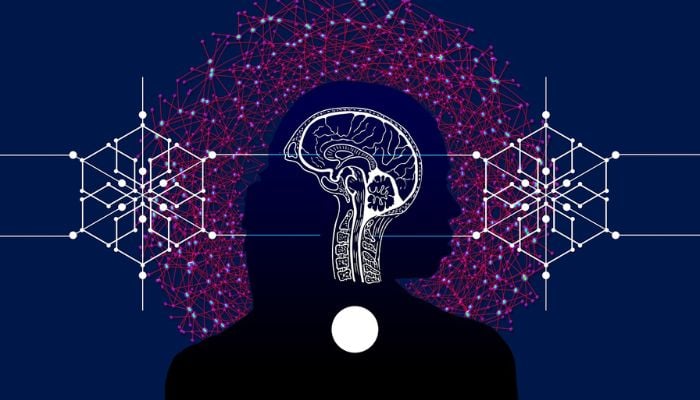Pros and cons of using artificial intelligence
It is critical to comprehend potential advantages and disadvantages of employing AI in diverse scenarios as technology develops and becomes more widely used
The study of creating algorithms and computer programmes that can reason, learn, and carry out tasks that traditionally require human intelligence is known as artificial intelligence (AI), and it is an area that is expanding quickly.
It is critical to comprehend the potential advantages and disadvantages of employing AI in diverse scenarios as the technology develops and becomes more widely used.
The following are some benefits and drawbacks of adopting artificial intelligence:
Pros
Improved efficiency and productivity:
One of the key advantages of employing AI is that it may assist businesses and individuals in automating tedious or time-consuming processes, freeing up valuable resources and time. For instance, chatbots powered by AI can answer customer care questions, and automated data analysis can quickly find patterns and insights that would be challenging or impossible for people to find.
Enhanced accuracy and precision:
In many areas, from medical diagnostics to manufacturing procedures, AI may also increase accuracy and precision. Massive amounts of data may be analysed by AI-powered technologies, which can then spot patterns or abnormalities that would be hard or impossible for humans to notice. Better outcomes and decision-making may result from this.
Personalisation and customisation:
AI can assist companies and organisations in giving their customers more individualised and tailored experiences. For instance, chatbots can provide individualised support and help, while recommender systems driven by artificial intelligence can make product or service recommendations based on user interests and behaviour.
Innovation and creativity:
By automating jobs that were previously too difficult or time-consuming for people to complete, AI can also enable new types of innovation and creativity. For instance, using customer comments and preferences, AI can create new works of art, music, or commercial designs.
Cons
Potential for bias and discrimination:
One of the biggest worries with AI is that it can reinforce and magnify societal prejudices and discrimination already in place. This may occur if AI algorithms mirror the prejudices and assumptions of their developers or if they were developed with biased or incomplete data. For instance, it has been demonstrated that facial recognition algorithms perform less accurately for people with darker skin tones, which can produce discriminating results.
Lack of transparency and accountability:
AI can be tough to comprehend and assess, making it challenging to hold companies or individuals responsible for its use. In areas like healthcare and criminal justice, in particular, this may present ethical and legal issues.
Potential job displacement:
By automating employment and displacing workers, AI can potentially have a big economic impact. While AI might lead to job losses and necessitate extensive retraining and reskilling initiatives, it can also lead to job creation in some sectors.
Dependence and vulnerability:
Finally, there is concern that as our reliance on AI grows, we may become more susceptible to hacks and other types of technical failure. This necessitates continual awareness, investment in cybersecurity, and risk management since it may have severe effects on public safety and national security.
-
Archaeologists recreate 3,500-year-old Egyptian perfumes for modern museums
-
Smartphones in orbit? NASA’s Crew-12 and Artemis II missions to use latest mobile tech
-
Rare deep-sea discovery: ‘School bus-size’ phantom jellyfish spotted in Argentina
-
NASA eyes March moon mission launch following test run setbacks
-
February offers 8 must-see sky events including rare eclipse and planet parade
-
New study reveals biodegradable chip aims to reduce e-waste and air pollution
-
Scientists unveil new robotic mission for the moon
-
NASA reschedules Artemis II rehearsal due to Florida arctic outbreak












